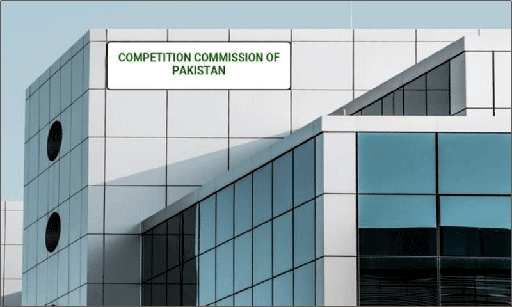Healthcare in Crisis: Male Doctors Flee, Women Opt-Out, Warns PIMA

M. Waqar Bhatti:
Pakistan’s healthcare system faces a dual crisis: a significant portion of female doctors who do not enter the workforce after completing their medical education and a growing number of male doctors who wish to leave the country for better opportunities abroad.
These issues, along with the exodus of medical professionals and the need for digitalisation in the healthcare system, will be central topics at the 27th Biennial Central Convention of the Pakistan Islamic Medical Association (PIMA), which begins on Saturday, September 21, 2024, at the Expo Centre in Karachi.
Speaking at a press conference ahead of the convention, newly-elected PIMA Central President Professor Dr. Atif Hafeez Siddiqui, along with senior PIMA officials including Prof. Dr. Saad Khalid Niaz, Prof. Dr. Sohail Akhtar, PIMA Karachi President Prof. Dr. Abdullah Muttaqi, and Prof. Dr. Abdul Malik, highlighted these challenges.
Professor Siddiqui noted that 35% of female doctors in Pakistan do not practice after completing their medical education, primarily due to a lack of support infrastructure. Among the 65% of female doctors who do practice, only 20-25% work full-time.
“This is a significant gap that needs immediate attention. We must explore ways to engage these women in the workforce, possibly through telemedicine, which proved effective during the COVID-19 pandemic,” he said.
Addressing the migration crisis, Prof. Siddiqui revealed that 40-50% of male medical graduates express a desire to leave Pakistan and work abroad, with 25-30% already serving in foreign countries. He called the situation “alarming” and pointed out that many newly-graduated doctors feel underpaid and undervalued in Pakistan, leading to a brain drain that is weakening the country’s healthcare system.
“Doctors in Pakistan, particularly house officers, are paid wages lower than unskilled labourers in the country. We are losing our brightest minds because they cannot see a future here,” Siddiqui stated. He pointed to the first heart transplant in Pakistan, which was performed by a Pakistani doctor trained abroad, as a sign of the talent being lost.
Former Sindh caretaker health minister, Prof. Saad Khalid Niaz, called for reforms in the healthcare system, beginning with the introduction of health insurance schemes in Sindh, similar to those in other provinces. He also stressed the importance of digitising the Sindh health department to expose ghost employees and bring transparency to processes like postings, transfers, and data management.
“A digital system would eliminate unnecessary bureaucratic hurdles, freeing doctors from dealing with section officers for even minor tasks like leave applications,” he said.
Niaz also raised concerns about the pharmacy sector, calling for reforms similar to those in Punjab, where only qualified pharmacists are allowed to dispense medications, and drug stores are separated from pharmacies. He also advocated for free essential testing, citing the UK’s model where diabetes patients receive free tests.
Former PIMA Central President, Professor Sohail Akhtar, announced that the 27th Biennial PIMA Central Convention would feature 15 scientific sessions covering topics such as the relationship between physicians and the pharmaceutical industry, women’s health, and the role of artificial intelligence in healthcare. Pre-convention workshops, held in six cities, have already addressed various medical subjects, and further discussions will continue during the event.
Prof. Dr. Abdullah Muttaqi, PIMA Karachi President, underscored that the convention would push for the implementation of a uniform laboratory policy nationwide, a priority for PIMA. The association, which operates 50 free diabetes clinics and four free eye hospitals across Pakistan, plans to advocate for the standardisation of lab practices during the convention.
Other key discussions at the event will include topics such as human milk banks, organ transplantation, transgender healthcare, and healthcare challenges in Palestine. Jamaat-e-Islami Central Ameer, Engineer Hafiz Naeem-ur-Rehman, is also scheduled to address the convention, connecting healthcare reforms with broader social issues.
As PIMA brings doctors together from across the country, the convention will focus on actionable solutions to the pressing challenges of digitalising the health sector, addressing the gender gap in the medical workforce, and curbing the ongoing exodus of medical talent from Pakistan.






